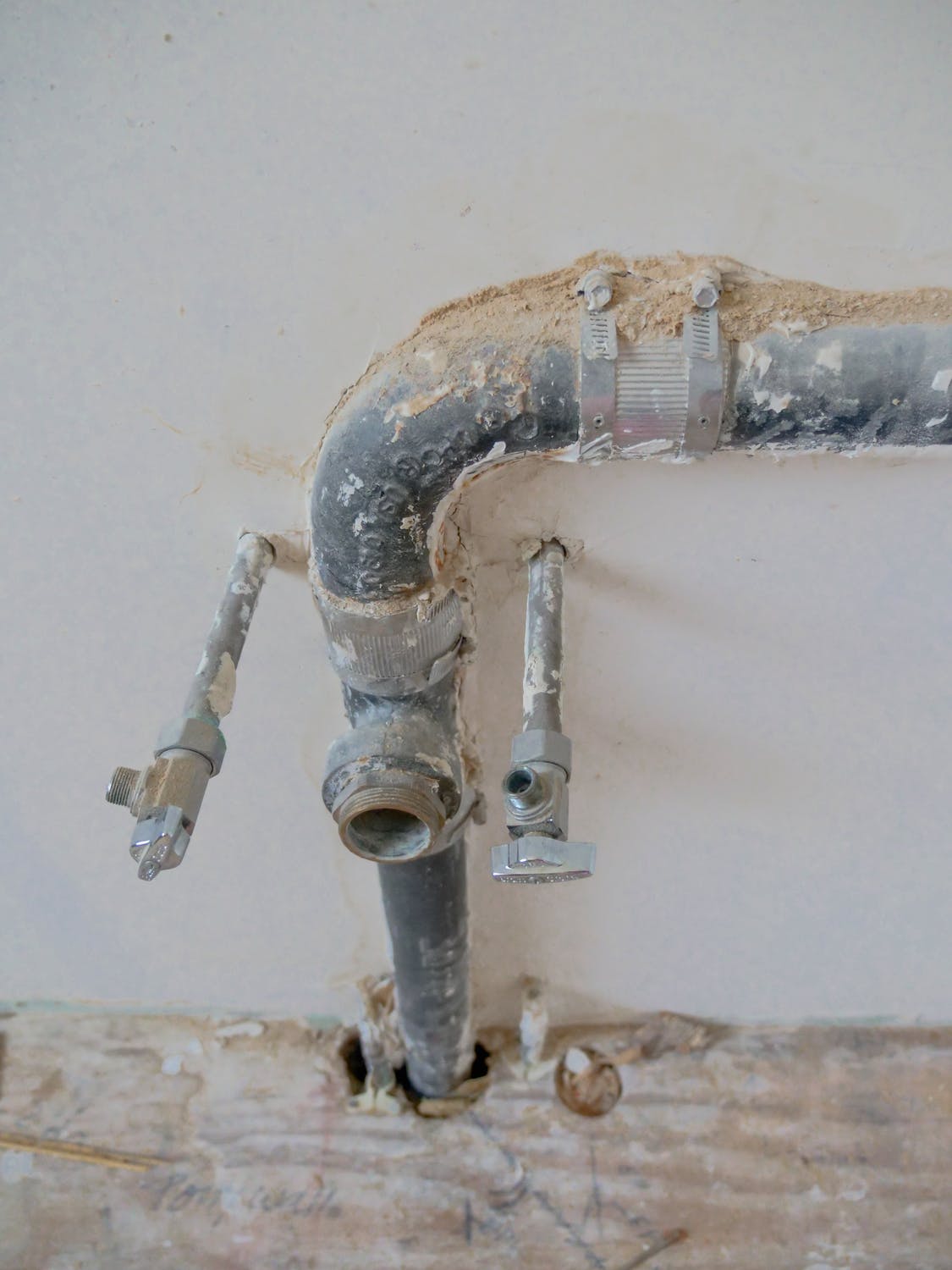
Homeowner Must Plan To Move Home In Order For Insurance To Be Valid
July 23, 2021
For people who purchase home, life, or auto insurance, they likely do so in order to feel secure in the event that something happens to their person or property. And while many insurance claims are resolved with little conflict, there can be occasions when a dispute over whether someone has coverage or not arises. In these situations, courts can be tasked with interpreting the wording of the insurance contract in order to determine whether or not coverage exists. This was the case in a recent decision, where the courts had to ask whether or not a home had to be occupied in order to satisfy the requirements of the owner’s insurance policy.
Homeowner moves to a retirement home
The homeowner involved in the dispute had an insurance policy in place for her home. However, in 2016 she moved into a retirement home and left the property. Her lawyer continued to check in on her home, which had an insurance policy in place. He only checked in every few weeks, usually to collect the mail and check the heat in the winter months. The insurance company was not notified of the homeowner’s move and did not know that the home was not actively occupied.
Home sustains water damage
On March 17, 2017, one of the pipes servicing a bathroom sink became cracked, causing the home to suffer from water damage. The estimated cost to fix the damage from the broken pipe was anywhere from $115,000-$165,000. The insurance company claimed it was not responsible for these costs since the homeowner’s policy includes a vacancy exclusion, meaning that insurance would not be provided if the home has been vacant for more than 30 consecutive days. The policy defines “vacant” as meaning “all occupants have moved out with no intention of returning, and no new occupant has taken up residence.”
This is not exactly in line with the common law definition of the term, which defines inoccupation as meaning “a lack of habitual presence by human beings.” Under this definition, a home would not be considered vacant if the homeowner intended to eventually return to the property.
Was the house vacant?
The homeowner argued that when she moved out of her house, she had not been found to lack capacity, and had chosen the retirement home she was living in as a trial. She said she eventually planned to try out three facilities and was only on the first. Her lawyers told the court that while she eventually needed to move into a care home permanently, that was not the case at the time of the water damage and that her lawyer did not yet have the power of attorney over her property at the time of the incident.
The court found that the homeowner had not shown sufficient evidence that there was a plan to return to her home. There were no inquiries made into live-in help for the daily assistance she needed. The court found her actions to be consistent with an intention not to return to the property, putting the property within the common law definition of “vacant” as well as that in the insurance policy.
At HMC Lawyers our Insurance Law Team has decades of collective experience and a deep, thorough understanding of potential risks as well as legal issues that commonly arise. We understand the importance of risk management, especially when it comes to questions of insurance coverage and strive to provide our clients with certainty by helping them identify and avoid potential problems wherever possible. To discuss an insurance coverage matter or related dispute, call 1-800-480-3534 or contact us online.
